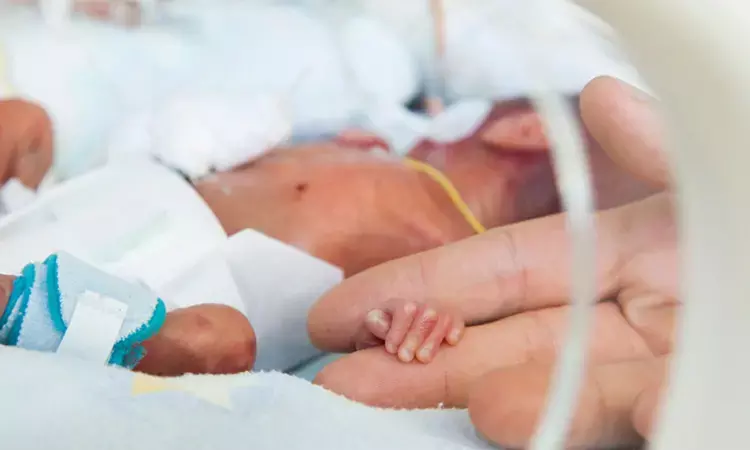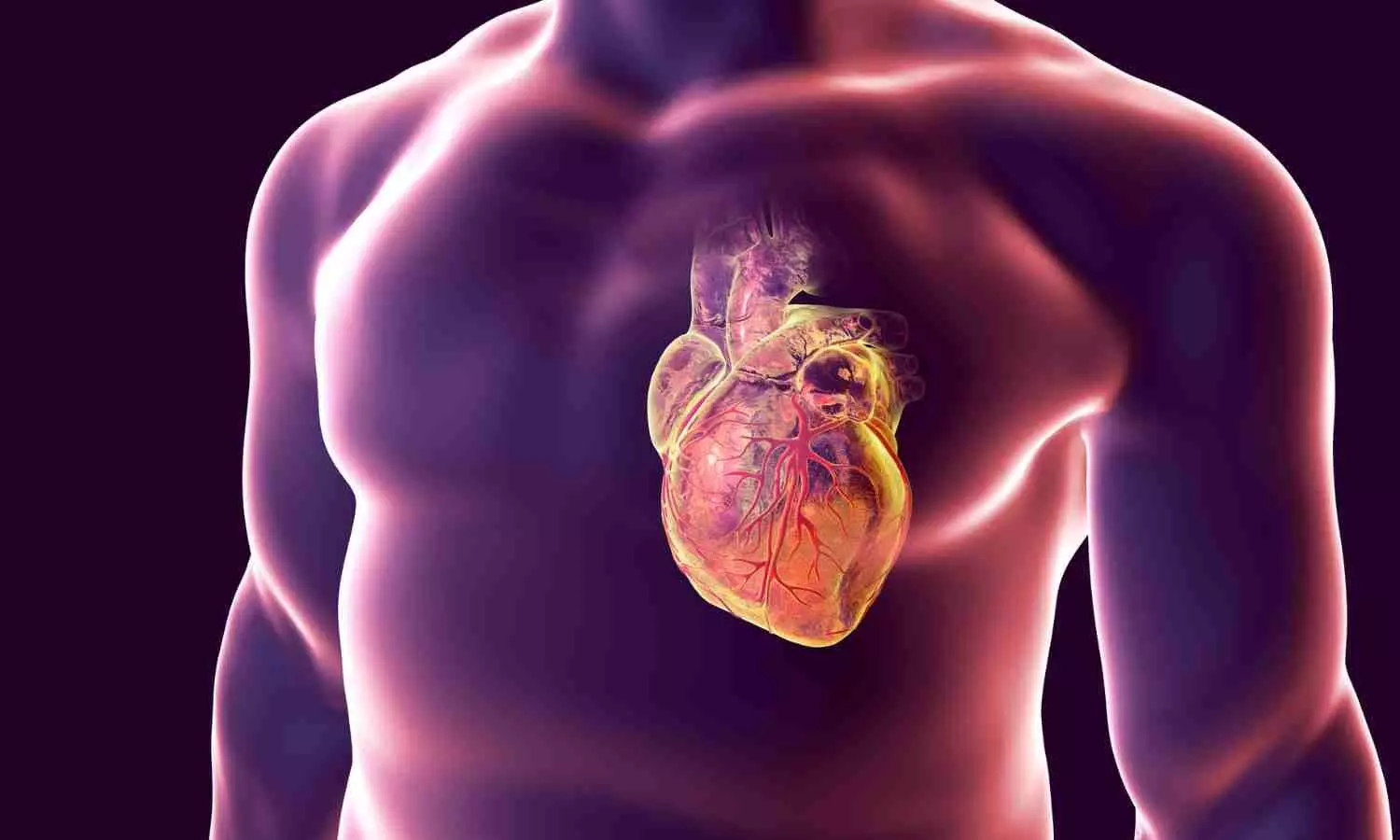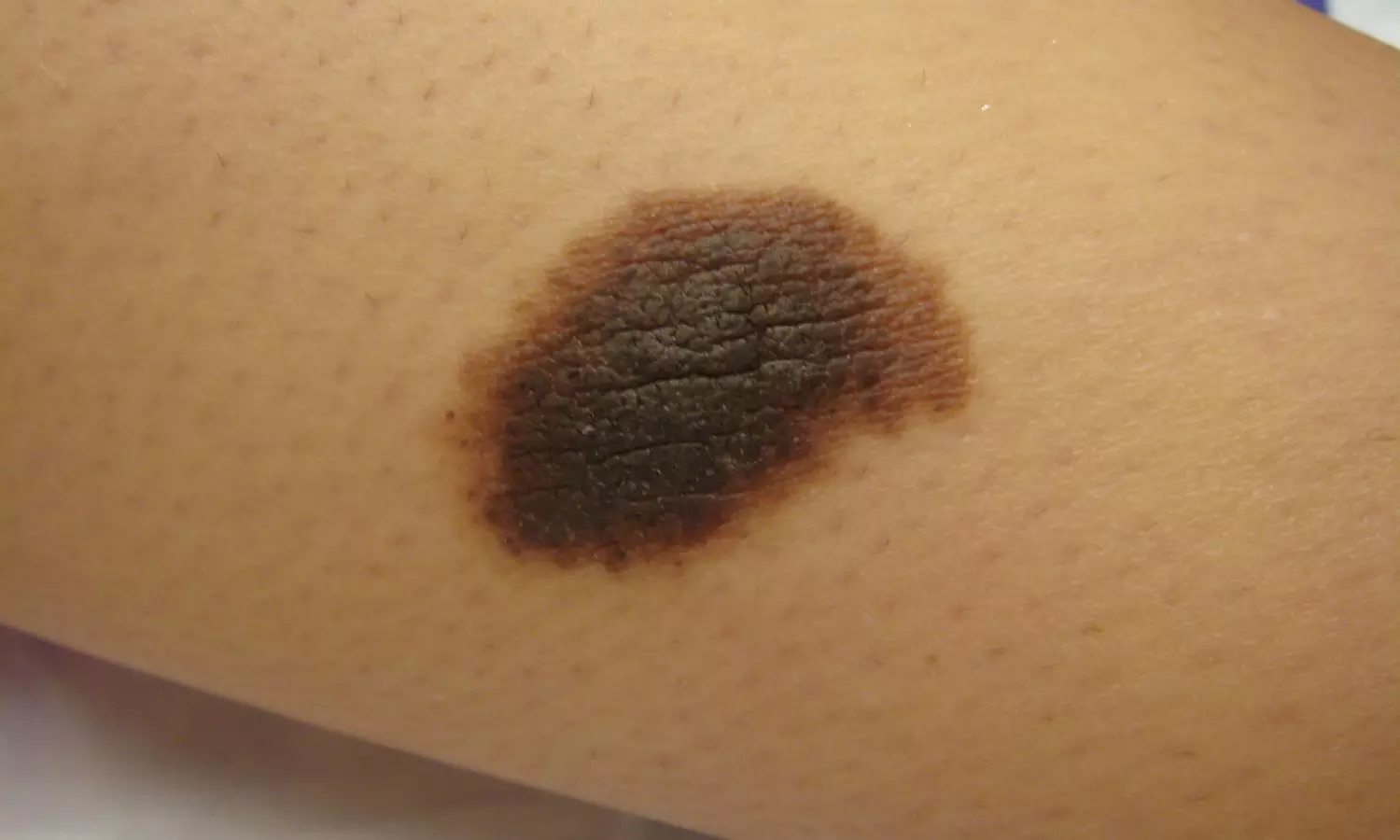- Home
- Medical news & Guidelines
- Anesthesiology
- Cardiology and CTVS
- Critical Care
- Dentistry
- Dermatology
- Diabetes and Endocrinology
- ENT
- Gastroenterology
- Medicine
- Nephrology
- Neurology
- Obstretics-Gynaecology
- Oncology
- Ophthalmology
- Orthopaedics
- Pediatrics-Neonatology
- Psychiatry
- Pulmonology
- Radiology
- Surgery
- Urology
- Laboratory Medicine
- Diet
- Nursing
- Paramedical
- Physiotherapy
- Health news
- Fact Check
- Bone Health Fact Check
- Brain Health Fact Check
- Cancer Related Fact Check
- Child Care Fact Check
- Dental and oral health fact check
- Diabetes and metabolic health fact check
- Diet and Nutrition Fact Check
- Eye and ENT Care Fact Check
- Fitness fact check
- Gut health fact check
- Heart health fact check
- Kidney health fact check
- Medical education fact check
- Men's health fact check
- Respiratory fact check
- Skin and hair care fact check
- Vaccine and Immunization fact check
- Women's health fact check
- AYUSH
- State News
- Andaman and Nicobar Islands
- Andhra Pradesh
- Arunachal Pradesh
- Assam
- Bihar
- Chandigarh
- Chattisgarh
- Dadra and Nagar Haveli
- Daman and Diu
- Delhi
- Goa
- Gujarat
- Haryana
- Himachal Pradesh
- Jammu & Kashmir
- Jharkhand
- Karnataka
- Kerala
- Ladakh
- Lakshadweep
- Madhya Pradesh
- Maharashtra
- Manipur
- Meghalaya
- Mizoram
- Nagaland
- Odisha
- Puducherry
- Punjab
- Rajasthan
- Sikkim
- Tamil Nadu
- Telangana
- Tripura
- Uttar Pradesh
- Uttrakhand
- West Bengal
- Medical Education
- Industry
Placental Pathology Linked to Impaired Brain Development in Neonates with Congenital Heart Disease: Study

In a revolutionary study, researchers have uncovered a concerning association between placental pathology and impaired brain development in neonates diagnosed with severe congenital heart disease. The findings, based on a prospective analysis of 96 term singleton pregnancies, shed light on the potential impact of placental health on the neurological outcomes of these vulnerable infants. The study suggests that placental pathology is common in neonates with severe congenital heart disease and may contribute to impaired brain development. The study results were published in the Journal of The American Heart Association.
Infants born with congenital heart disease face a heightened risk of compromised brain development while still in the womb, making them susceptible to postnatal brain injuries and unfavorable long-term neurodevelopmental consequences. Recognizing the pivotal role of the placenta in fetal growth, researchers delved into the prevalence of placental pathology in cases of fetal congenital heart disease by examining how such pathology correlates with overall and regional brain volumes, gyrification, and post-birth occurrences of brain injury.
The study, conducted by a team of experts, aimed to assess the incidence of placental pathology and its correlation with postnatal brain development in neonates with congenital heart disease.
Findings:
- The placental analyses revealed a strikingly high occurrence of various abnormalities, including maternal vascular malperfusion lesions (46%), nucleated red blood cells (37%), chronic inflammatory lesions (35%), delayed maturation (30%), and placental weight below the 10th percentile (28%).
- To gauge the severity of placental pathology, the researchers employed a scoring system.
- The results showed a negative correlation between the severity of placental abnormalities and multiple aspects of postnatal brain development.
- Specifically, reductions in cortical gray matter, deep gray matter, brainstem, cerebellar, and total brain volumes were observed in neonates with more severe placental pathology.
- Postnatal magnetic resonance imaging played a pivotal role in the analysis, allowing researchers to delve into the intricacies of brain structure, gyrification, and the presence of injuries.
- The findings emphasized the comprehensive impact of placental health on various brain regions crucial for neurological development.
- Importantly, the study revealed that the association between placental pathology severity and reduced brain volumes persisted even after adjusting for postmenstrual age at magnetic resonance imaging.
- This suggests that the adverse effects of placental abnormalities on brain development are not solely dependent on the timing of imaging but are an independent factor influencing neurological outcomes.
The implications of this research are significant, highlighting the need for a holistic approach in managing neonates with congenital heart disease. By recognizing the frequent occurrence of placental pathology in this population and understanding its link to impaired brain development, healthcare providers can potentially intervene early to mitigate the long-term neurodevelopmental consequences. As we strive for improved outcomes in neonatal care, this study underscores the importance of considering the placenta as a key player in fetal development. Further research and clinical efforts are warranted to explore interventions that could potentially ameliorate the impact of placental pathology and enhance the neurological resilience of neonates facing the challenges of congenital heart disease.
Further reading: Placental Pathology Contributes to Impaired Volumetric Brain Development in Neonates With Congenital Heart Disease. Doi: https://doi.org/10.1161/JAHA.123.033189
BDS, MDS
Dr.Niharika Harsha B (BDS,MDS) completed her BDS from Govt Dental College, Hyderabad and MDS from Dr.NTR University of health sciences(Now Kaloji Rao University). She has 4 years of private dental practice and worked for 2 years as Consultant Oral Radiologist at a Dental Imaging Centre in Hyderabad. She worked as Research Assistant and scientific writer in the development of Oral Anti cancer screening device with her seniors. She has a deep intriguing wish in writing highly engaging, captivating and informative medical content for a wider audience. She can be contacted at editorial@medicaldialogues.in.
Dr Kamal Kant Kohli-MBBS, DTCD- a chest specialist with more than 30 years of practice and a flair for writing clinical articles, Dr Kamal Kant Kohli joined Medical Dialogues as a Chief Editor of Medical News. Besides writing articles, as an editor, he proofreads and verifies all the medical content published on Medical Dialogues including those coming from journals, studies,medical conferences,guidelines etc. Email: drkohli@medicaldialogues.in. Contact no. 011-43720751




